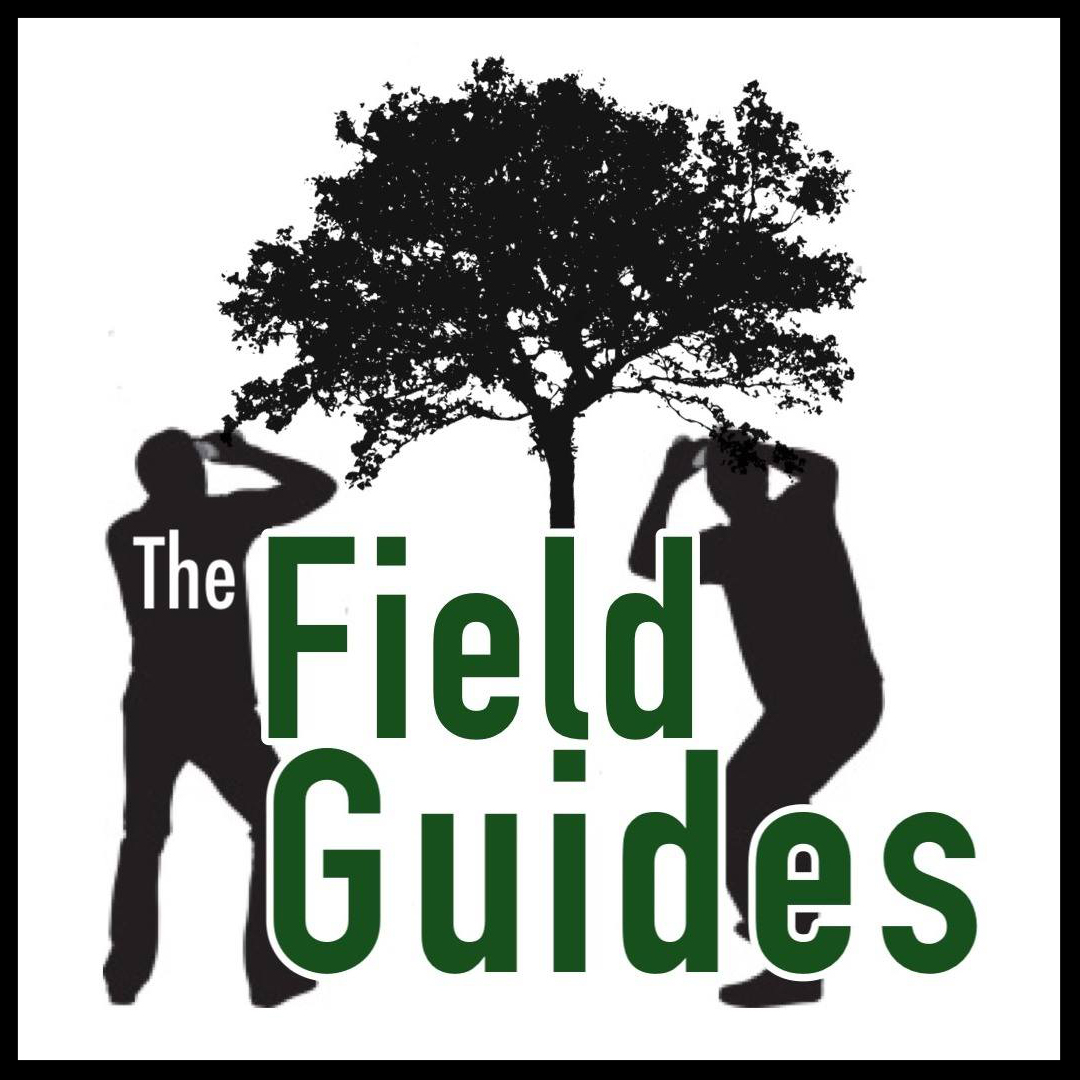Download the episode transcript
Episode Notes:
OK, Field Guides listeners - *Bill and Steve crack their knuckles* - this one's a touchy subject for some people, but it's an important one. Just how much DO our food choices impact the environment? There's ample rhetoric on both sides, but what does the research say? In this episode, Steve and Bill tell you what they discovered, all while trying their best not to get too preachy. (As an added bonus, they fill you in on what they thought of Scott Pilgrim vs. the World). This episode was recorded in the Letchworth Woods area of the University at Buffalo's north campus in western NY.
Thank you to listener Joe Stormer for graciously transcribing this episode.
Links to resources mentioned in this episode:
Plant-Based Diet Starter Guides: http://www.tryveg.com and http://www.chooseveg.com/ - two websites that provide free information on transitioning to a plant-based diet, including shopping lists, recipes, and health information.
http://www.cowspiracy.com/ - Filmmakers Kip Andersen and Keegan Kuhn address the effects of animal agriculture on the environment. The website provides source links for the data presented in the film.
http://www.theppk.com/ - Website of vegan author and chef Isa Chandra Moskowitz. She wrote the cookbook recommended in our podcast, Vegan with a Vengeance.
Food for Thought podcast: by vegan author and chef Colleen Patrick-Goudreau. We recommend going back to her early episodes, especially the first one - “The Protein Myth.” https://itunes.apple.com/us/podcast/food-for-thought-joys-benefits/id147907532?mt=2 –
Works Cited / Further Reading:
Clarys, Peter, et al. "Comparison of nutritional quality of the vegan, vegetarian, semi-vegetarian, pesco-vegetarian and omnivorous diet." Nutrients 6.3 (2014): 1318-1332.
De Boer, Joop, Annick de Witt, and Harry Aiking. "Help the climate, change your diet: A cross-sectional study on how to involve consumers in a transition to a low-carbon society." Appetite 98 (2016): 19-27.
Eshel, Gidon, et al. "Environmentally Optimal, Nutritionally Aware Beef Replacement Plant-Based Diets." Environmental Science & Technology(2016).
Hallström, Elinor, et al. "Effect of dietary change on greenhouse gas emissions and land use demand–The state of knowledge in 2014." Proceedings of the 9th International Conference on Life Cycle Assessment in the Agri-Food Sector (LCA Food 2014), San Francisco, California, USA, 8-10 October, 2014.. American Center for Life Cycle Assessment, 2014.
Heller, Martin C., and Gregory A. Keoleian. "Greenhouse gas emission estimates of US dietary choices and food loss." Journal of Industrial Ecology 19.3 (2015): 391-401.
Hess, Tim, et al. "The impact of changing food choices on the blue water scarcity footprint and greenhouse gas emissions of the British diet: the example of potato, pasta and rice." Journal of Cleaner Production 112 (2016): 4558-4568.
Newport, Frank. "In U.S., 5% Consider Themselves Vegetarians." Gallup.com. N.p., n.d. Web. 30 July 2016. <http://www.gallup.com/poll/156215/consider-themselves-vegetarians.aspx>
Park, Yong Shin, Gokhan Egilmez, and Murat Kucukvar. "Emergy and end-point impact assessment of agricultural and food production in the United States: a supply chain-linked ecologically-based life cycle assessment."Ecological Indicators 62 (2016): 117-137
Scarborough, Peter, et al. "Dietary greenhouse gas emissions of meat-eaters, fish-eaters, vegetarians and vegans in the UK." Climatic change 125.2 (2014): 179-192.
Springmann, Marco, et al. "Analysis and valuation of the health and climate change cobenefits of dietary change." Proceedings of the National Academy of Sciences 113.15 (2016): 4146-4151.
Tilman, David, and Michael Clark. "Global diets link environmental sustainability and human health." Nature 515.7528 (2014): 518-522.
Turner-McGrievy, Gabrielle M., et al. "Differences in Environmental Impact and Food Expenditures of Four Different Plant-based Diets and an Omnivorous Diet: Results of a Randomized, Controlled Intervention." Journal of Hunger & Environmental Nutrition (2016): 1-14.
Tyszler, Marcelo, Gerard Kramer, and Hans Blonk. "Just eating healthier is not enough: studying the environmental impact of different diet scenarios for Dutch women (31–50 years old) by linear programming." The International Journal of Life Cycle Assessment 21.5 (2016): 701-709.
"Vegetarianism In America." Vegetarian Times. N.p., n.d. Web. 29 July 2016.
<http://www.vegetariantimes.com/article/vegetarianism-in-america/>
Weber, Christopher L., and H. Scott Matthews. "Food-miles and the relative climate impacts of food choices in the United States." Environmental science & technology 42.10 (2008): 3508-3513.
Xu, Xiaoming, and Ying Lan. "A comparative study on carbon footprints between plant-and animal-based foods in China." Journal of Cleaner Production 112 (2016): 2581-2592.
Gif Credit: giphy.com
